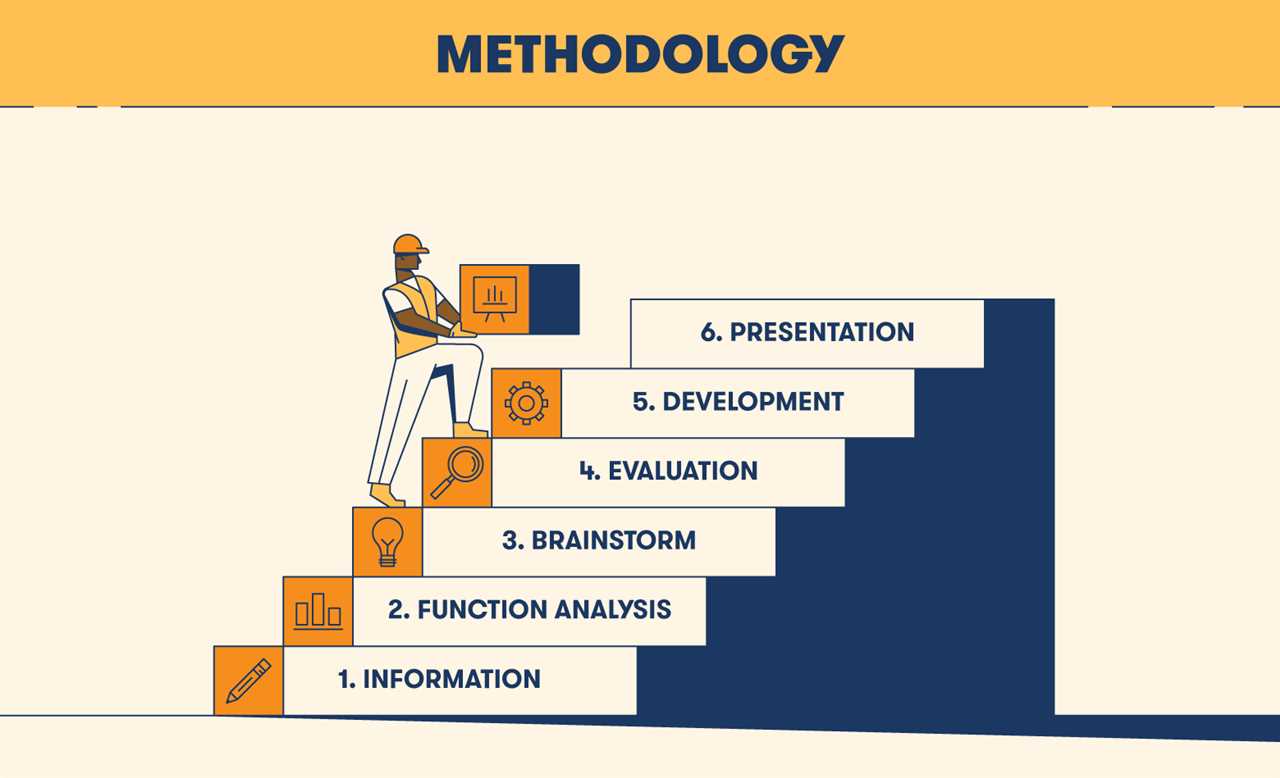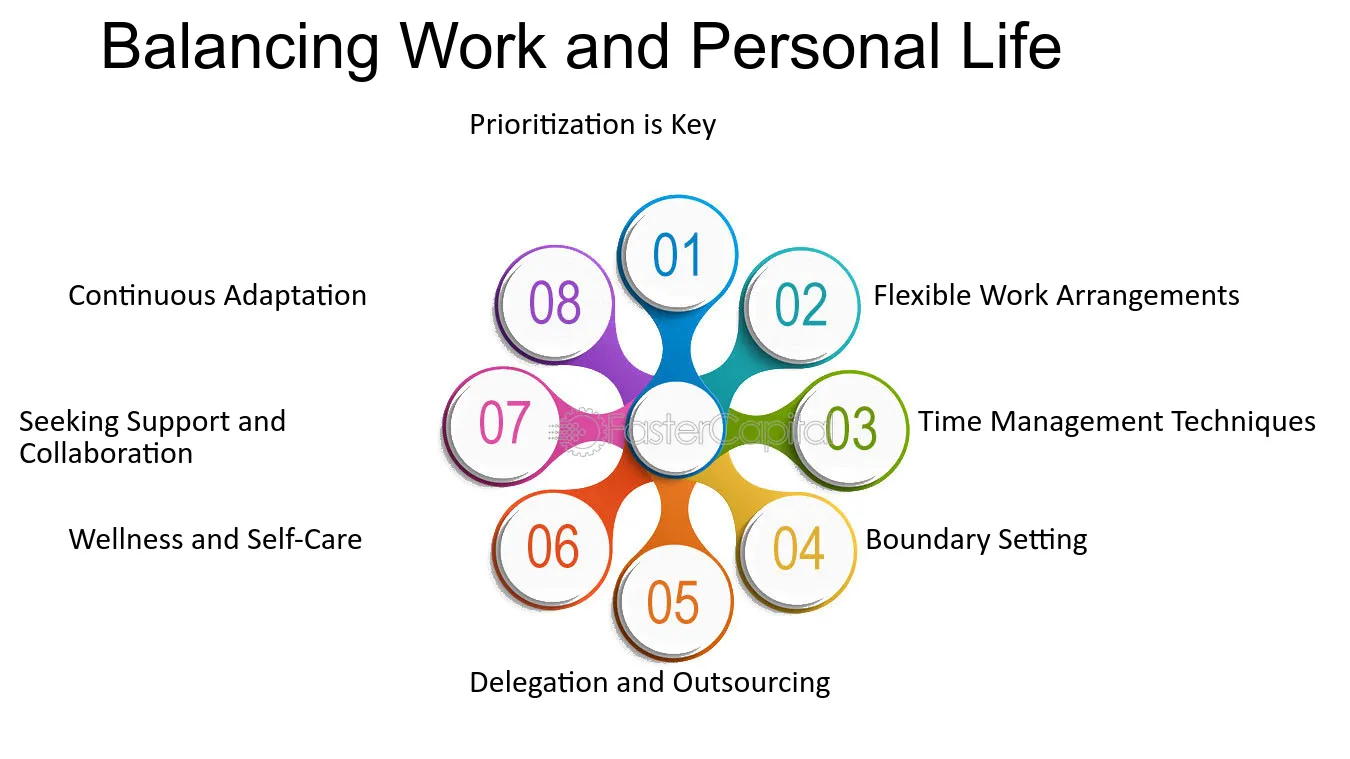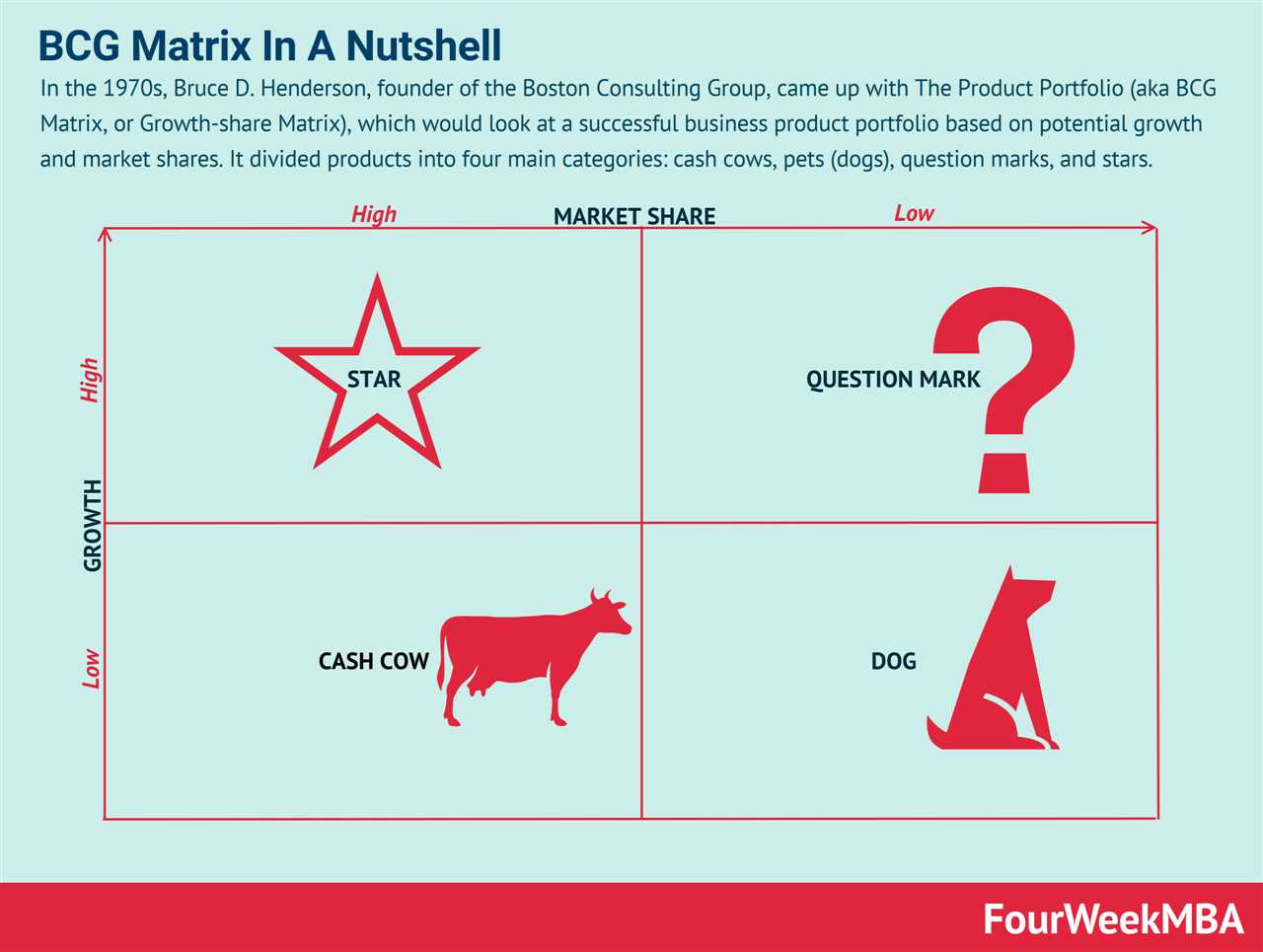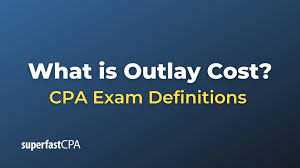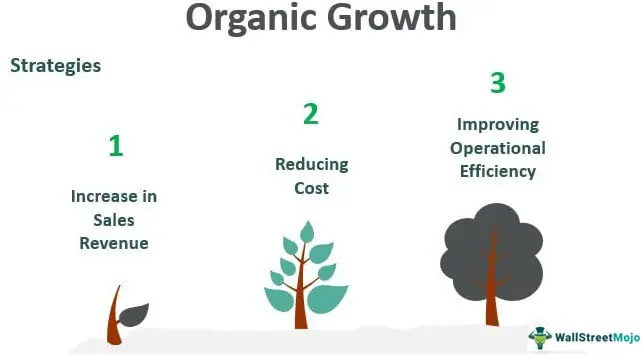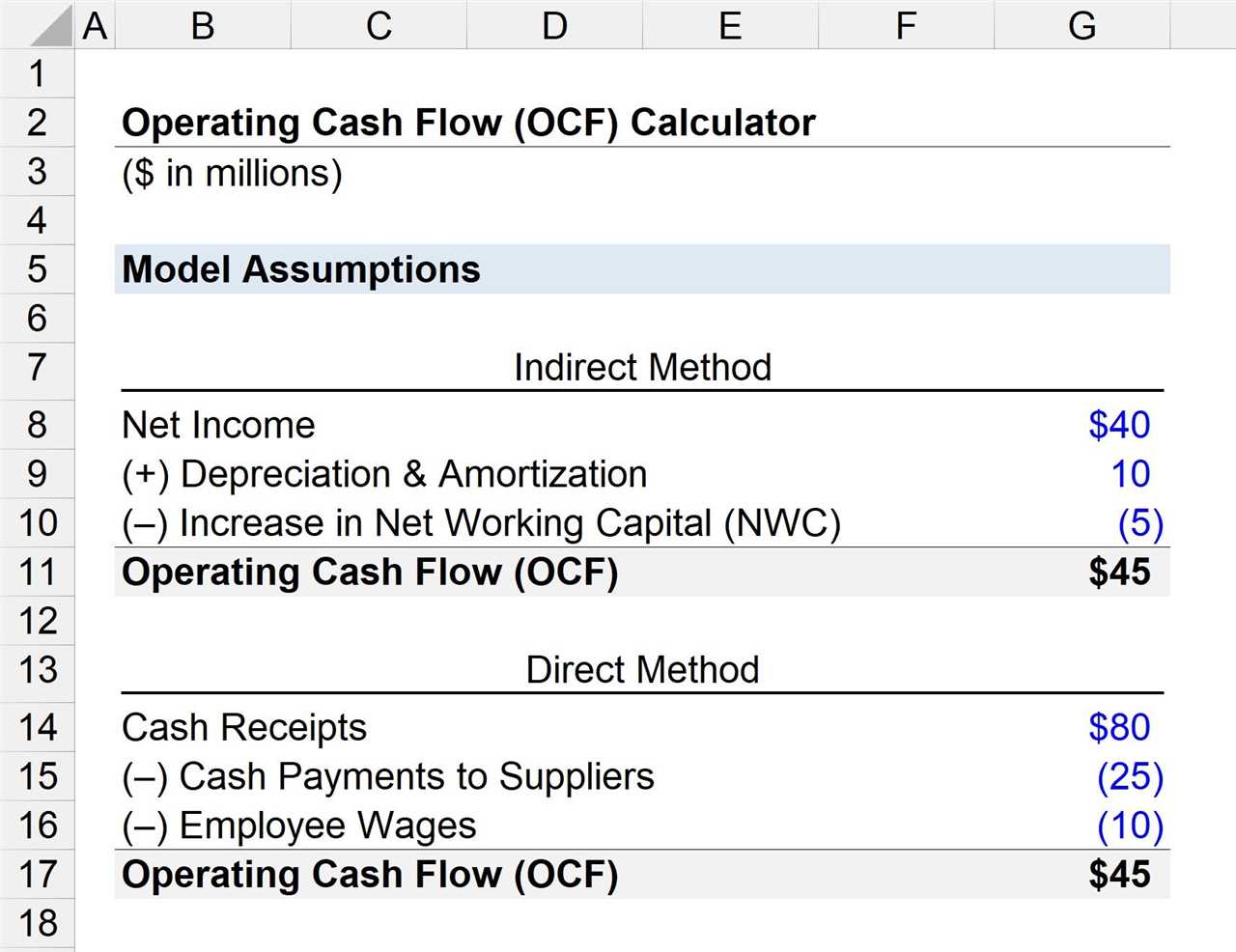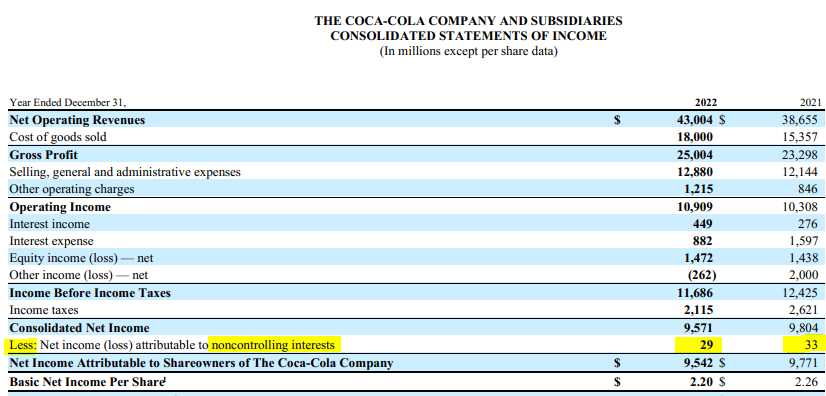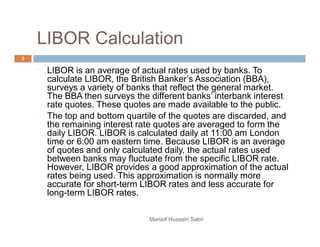Voluntary Liquidation Definition and How It Happens
What is Voluntary Liquidation? Voluntary liquidation refers to the process by which a company chooses to wind up its affairs and cease operations voluntarily. It is a formal procedure that involves the distribution of the company’s assets to its creditors and shareholders. This decision is usually made when a company … …




